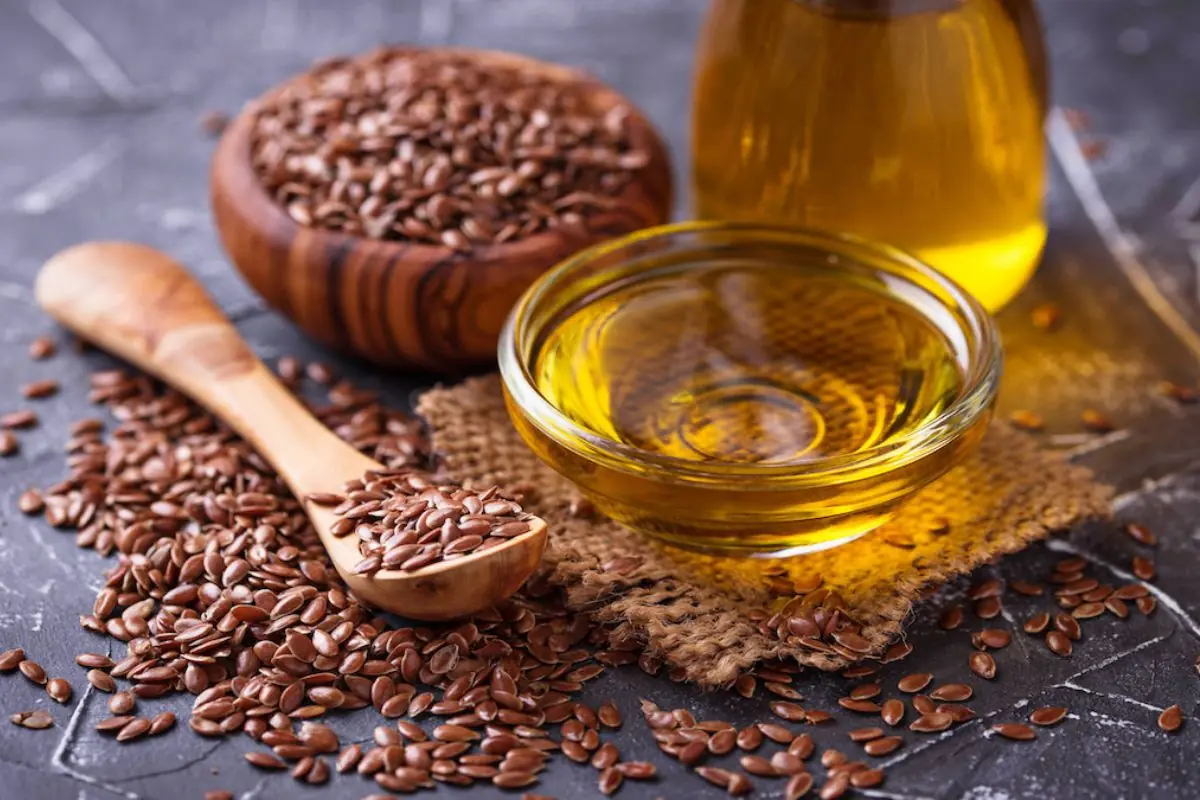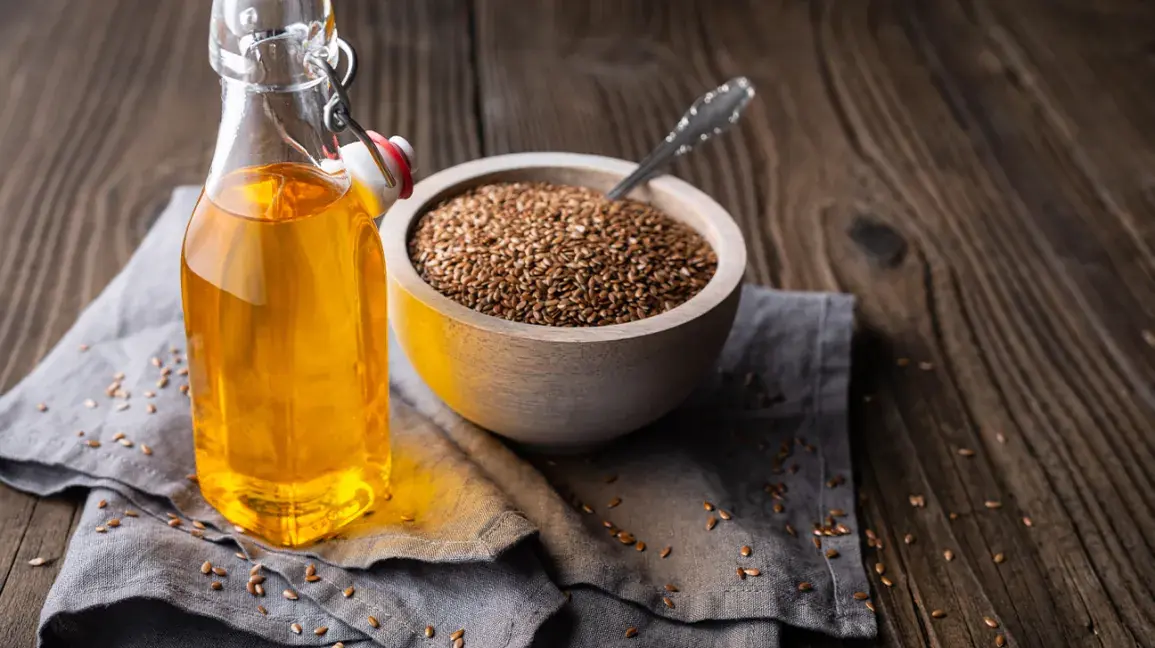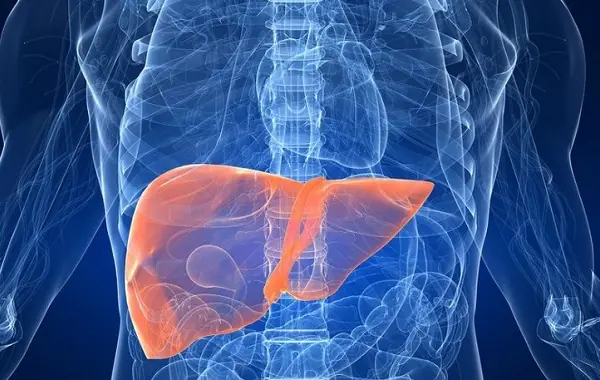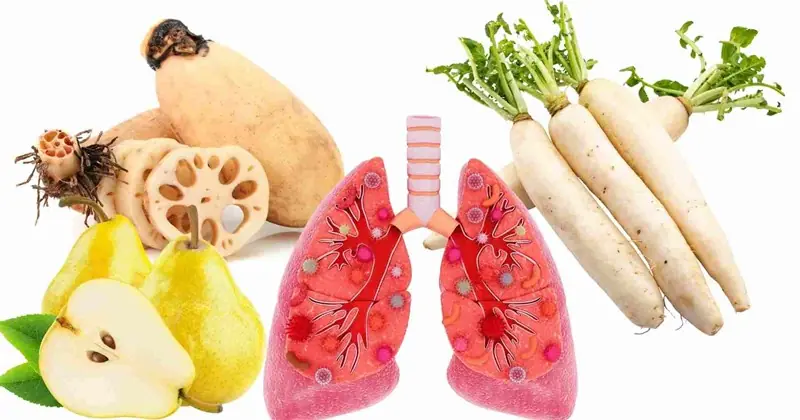
Are seed oils really healthy? Only if you use them like this
Seed oils — like canola, sunflower, sesame, or flaxseed oil — have become a kitchen staple for their “heart-healthy” reputation. But while they can bring amazing benefits, using them the wrong way might do more harm than good. Here’s what nutrition experts say about how to make seed oils truly work for your health.
Why seed oils are more than just cooking fat
Seed oils are rich in unsaturated fats, particularly polyunsaturated fatty acids (PUFAs), which help reduce LDL (bad) cholesterol and support heart health.
According to Amy Brownstein, MS, RDN, “The unsaturated fats in seed oils not only improve cardiovascular function but also help control weight, reduce inflammation, and enhance brain activity.”
These oils also provide antioxidants like polyphenols and tocopherols (vitamin E), which fight free radicals and protect your cells from oxidative stress — one of the root causes of aging and chronic disease.
Some oils, such as flaxseed and canola, also contain omega-3 fatty acids. These balance out omega-6s in the diet, helping regulate inflammation and strengthen your immune system.
The hidden risks of seed oils
Despite their benefits, seed oils have stirred controversy. When overheated or reused, they can form toxic oxidation compounds that damage heart and liver health.
Many commercial oils — such as soybean, corn, or canola — are made from genetically modified (GMO) crops. While the FDA has deemed them safe, concerns remain about biodiversity and overuse of herbicides.
Another issue is the imbalance of omega-6 and omega-3. Most modern diets are overloaded with omega-6, which can promote chronic inflammation if omega-3 intake is too low.
Nutrition expert Allison Herries, RDN, advises:
“Instead of cutting out omega-6, balance your diet by adding more omega-3-rich foods like salmon, mackerel, chia seeds, or flaxseed oil.”
Who should be cautious when using seed oils
People with nut or seed allergies (like sesame, sunflower, or peanut) should limit seed oil intake to avoid allergic reactions.
Those with fat absorption disorders or liver issues should also consult a doctor before using them regularly.
On the other hand, individuals with diabetes can benefit from flaxseed or sesame oil, which may help improve insulin sensitivity and stabilize blood sugar levels.
How to choose and use seed oils safely

1. Pick cold-pressed or unrefined oils.
These retain the natural nutrients, antioxidants, and flavor of the seeds.
2. Store them correctly.
Keep your oil in a dark bottle, in a cool, dry place, and use it within 3–4 months after opening. Exposure to heat and sunlight accelerates oxidation.
3. Never reuse oil for frying.
Reheating creates harmful free radicals that can negatively affect heart health.
4. Match the oil to your cooking style.
-
Canola, sunflower, or corn oil: great for stir-frying and roasting.
-
Sesame oil: perfect for flavor and aroma in Asian dishes.
-
Flaxseed oil: ideal for cold salads, smoothies, or drizzling after cooking (not for frying).
5. Control your daily intake.
Healthy fats should account for 20–35% of total daily calories, about five tablespoons of oil per day.
The takeaway
Seed oils can be your heart’s best friend — but only when used the right way. Variety, moderation, and mindful cooking are the keys. Rotate your oils, avoid overheating, and balance omega-3 and omega-6 to keep your heart, brain, and cells functioning at their best.
News in the same category


Science backs it up: 3 fruits that fight fatty liver, regulate sugar and cholesterol

The bedtime drink doctors say can improve your sleep and protect your kid.neys

9 surprising health benefits of black grapes you probably didn’t know

9 Habits That Can Dramatic.ally Cut Your Ri.sk of Disea.se

If your mouth feels dry at night, here are 8 reasons why

Quick & Easy Ways To Flush Out Uric Acid And Prevent Gout

Don’t Be Fooled by the Sweet Taste – 5 Fruits That Can Send Your Blo.od Fat Levels Out of Control!

5 Early Warning Signs of Kid.ney Failure You Shouldn’t Ignore

32 Signs You Have a Magnesium Deficiency & 23 Foods You Need to Start Eating Immediately

6 Warning Signs Your Li.ver May Be in Trouble

Foods To Eat And Avoid To Help Prevent Can.cer

3 White Foods That Naturally Cleanse and Strengthen Your Lu.ngs

Golden Rules For Choosing Vegetables When You Have Liv.er Disea.se

The Secret Strength of Iris Flowers: Timeless Elegance with Remarkable Healing Power

4 Anti-Inflammatory Drinks That Help Control Bloo.d Sugar Naturally

4 Drinks That Naturally Protect Your Heart and Boost Circulation — Backed by Science

7 Everyday Foods That Can Secretly Add Years to Your Life (Backed by Science)

This is why your p.r.i.v.a.t.e parts smell like rotten fish
News Post

Should you really eat an egg every day? Here’s what science says about cholesterol

7 lifestyle changes that can transform your heart health

The humble superfood: why cabbage is a hidden hero for people with diabet.es

5 powerful drinks that boost your energy better than coffee

Science backs it up: 3 fruits that fight fatty liver, regulate sugar and cholesterol

The bedtime drink doctors say can improve your sleep and protect your kid.neys

9 surprising health benefits of black grapes you probably didn’t know

Should you replace cooking oil with coconut oil? The truth might surprise you

9 Habits That Can Dramatic.ally Cut Your Ri.sk of Disea.se

If your mouth feels dry at night, here are 8 reasons why

A legacy of health: Soong Mei-ling – longevity and fight against can.cer

Quick & Easy Ways To Flush Out Uric Acid And Prevent Gout

Boy approaches disabled cat – doesn’t realize the camera is recording his actions

Don’t Be Fooled by the Sweet Taste – 5 Fruits That Can Send Your Blo.od Fat Levels Out of Control!

5 Early Warning Signs of Kid.ney Failure You Shouldn’t Ignore

6 Health Benefits of Sleeping In a Cold Room and How to Make it Cooler- And Why You May Not Want to Use a Fan

32 Signs You Have a Magnesium Deficiency & 23 Foods You Need to Start Eating Immediately

6 Warning Signs Your Li.ver May Be in Trouble
